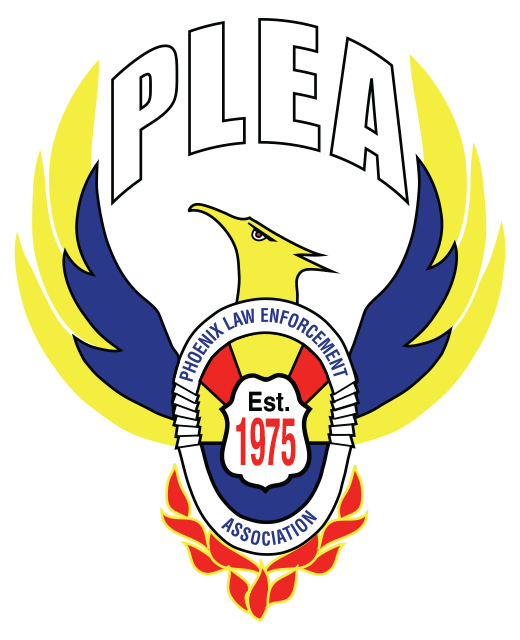By Mike Napier
Attorney, Napier Coury & Baillie P.C.
Recently, an emerging sentiment has been to label police unions as the abettor and accomplice of bad officers, nothing more and nothing less. As the protest lines took shape, the police — all in uniform and, shoulder to shoulder, a seemingly militaristic machine — stood in one line and civilian protestors in another, facing them. It is too easy to perceive every officer in the police line as the same and as the collective enemy. This is the fate of those who sign on to protect the community. And, by extension, because the officers’ union provides representation to those officers, so too may the union be perceived. But this perception fails to consider even a cursory understanding of the past or present of the Phoenix Law Enforcement Association.
It was late in the year of 1975 when PLEA was formed. PLEA was not part of any national group but simply a small group of officers who felt a need for an organization that would help officers achieve better wages and working conditions. The mission was clear, but how to achieve that mission was filled with choices. None of the officers had experience in union leadership. Still, based on a sense of right and wrong, those decisions were made. One such decision was how and when officers would receive legal assistance for discipline that would result from misconduct. At the time, other police unions operated on the premise that every officer, no matter the conduct, would receive the assistance of an attorney. This, then, #10361 became one of the earliest choices made by PLEA: whether to defend every officer in every circumstance. The choice that was made reveals the core values of the men and women of PLEA. PLEA decided then that not every officer would be represented. In other words, never has PLEA, by providing legal representation, impliedly condoned conduct that shows, by its nature, that an officer should be in a different occupation. To the contrary, to those who believe that PLEA nurtures a culture that seeks to keep officers committing bad acts on the force, know this: PLEA will, when it is the right thing to do, refuse to provide legal representation and, instead, encourage the officer to resign. And PLEA has done just that in numerous cases over the years.
In making that choice, PLEA distinguished itself from other police unions. More importantly, PLEA recognized that the police profession was not for everyone, but only for those who could withstand the unique daily challenges and rigors of the job. Policing is a profession and PLEA, in 1975, made clear its intention to keep its officers in the profession of the highest caliber.
Those beliefs that created PLEA’s policy of protecting the profession as well as individual officers continues today. The members of PLEA understand and accept that. If anyone engages in misconduct and is disciplined, PLEA’s grievance committee examines the misconduct and determines whether representation should be afforded. And, just as in the early years, not everyone is given the legal assistance to appeal the discipline. If an officer’s due process rights were not violated during the investigation, if the discipline meets the just cause standard set forth in state law and if the discipline is fair under the circumstances, then PLEA will not provide legal assistance in an appeal. In so doing, PLEA’s core values have remained the same. PLEA has never been, and is not now, an influence that perpetuates the misconduct of police; rather, PLEA is an influence that perpetuates the best qualities of the police professional.
Over time, other decisions were also made that molded the character of PLEA. PLEA has invested in and encouraged officer training, making officers better at their jobs. PLEA created charitable nonprofits to aid officer families in need and to extend a positive reach into all corners of the community by organizing and supporting other community causes. Yes, PLEA has become a factor in our community, but not wielding the kind of negative influence depicted recently by detractors. Instead, PLEA, its trustees and members have sought to bring police and the community together by supporting community causes, common causes and the professionalism of policing. Neither PLEA nor its officers want to participate in a formidable line of authority at a protest. They do not want to be perceived as a mindless military force, and they do not want to be judged on the misconduct of a few. They do want to be recognized for embracing those values that formed PLEA and guide it now. PLEA, for its members, seeks only to improve policing and touch the community in positive ways. That is, and always has been, PLEA’s mission.
